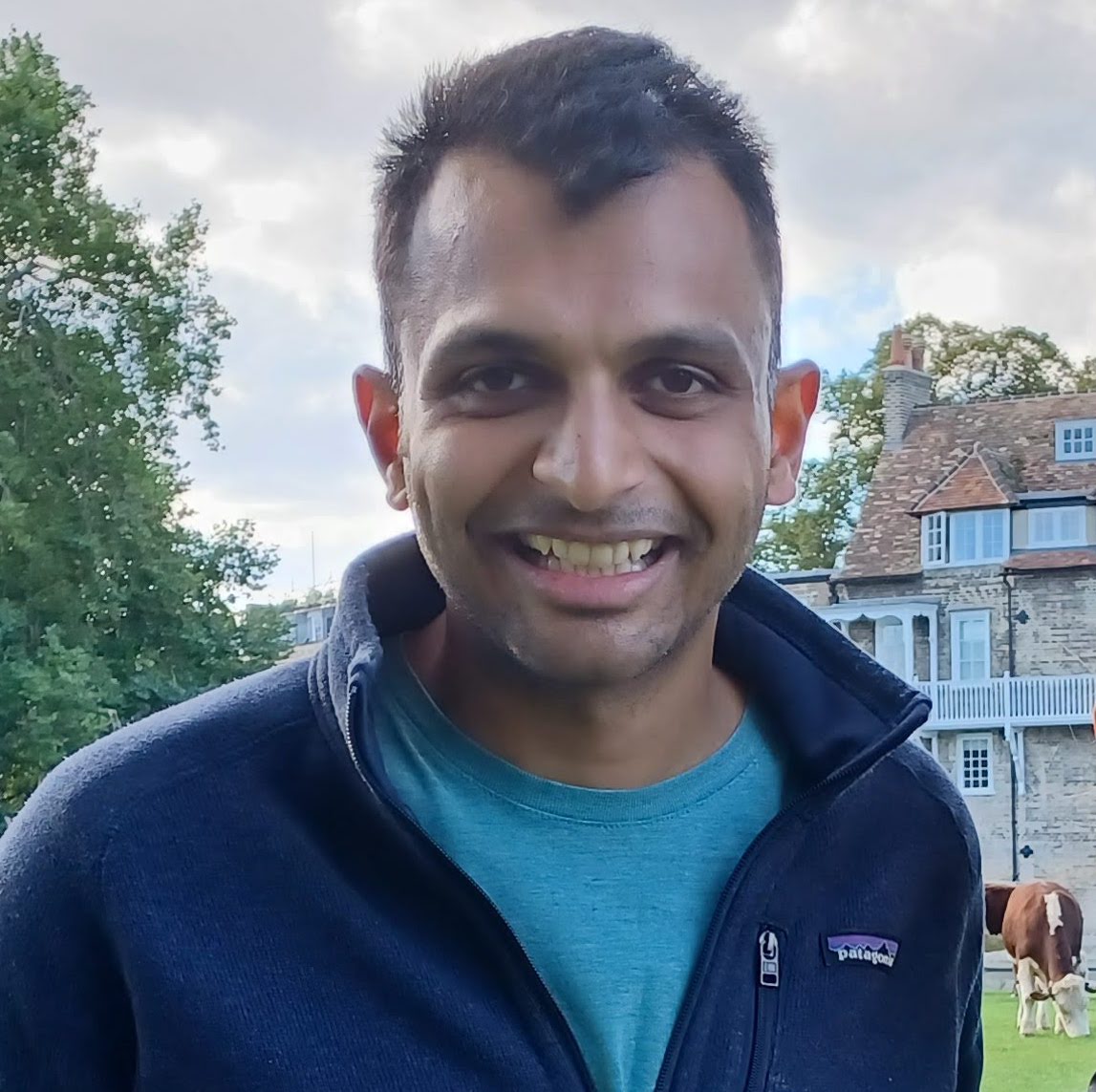Ashray Gunjur, who started his clinical PhD in 2021 explains his research and why he applied to the CRUK Cambridge Centre for a clinical fellowship...
How did you get here?
The literal answer to this is – by plane! I applied for the 2021 CRUK Cambridge Centre Clinical Research Training Fellow programme while in my last year of medical oncology speciality training in Melbourne, Australia, and was fortunate to get it. As such, my wife and I relocated to the UK from late September 2021 onwards, so I could commence this PhD.
Why did you choose Cambridge and the CRUK Cambridge Centre?
I realised sometime in medical school that I’d like a career combining research and clinical practice, and was particularly drawn to the field of oncology due to the exciting pace of scientific discovery (e.g. regarding the relevance of tumour genomics, and immunology, to cancer development and treatment), as well as the great human need for this science to be translated into better outcomes for patients. I was originally attracted to Cambridge for its strengths in genomics, having been at the heart of the ‘genomics revolution’ both past and present. However, I learned that the Cambridge Biomedical Campus is the largest of its kind in Europe, and provides an incredible intellectual environment for truly interdisciplinary work in medical research. As such, it really cemented my drive to come here to be a part of this environment, to be able to work with experts from really diverse fields (such as machine learning, immunology, genomics and microbiology) and broaden my research skills.
How did you decide which PhD project to embark on?
I was fortunate to connect with my supervisors by email, who introduced this potential topic in one of our earlier discussions. I gravitated to it due to my interests in immuno-oncology as well as genomic technologies. Being based at the world-leading Wellcome Sanger Institute was also a major draw! As I mentioned above, I really enjoy inter-disciplinary work and learning about different fields, which I feel this project offers (looking at genomic, metabolic and microbiome determinants of response / toxicity to immune checkpoint inhibitors across several cancer types).
What do you hope to achieve with your research?
Firstly, I truly hope to develop sound scientific research skills, both in the lab and computationally, to take forward into a career as a clinician-scientist. I feel like the field of immune-oncology is only going to grow, and I hope that beyond my training, this work might lead to enhancing our understanding of the mode of action of commonly used immune checkpoint inhibitors, that might then lead to us being able to better select patients most likely to benefit (and least likely to be harmed) in the future.
Ash's is in the Urological malignancies programme, based at the Wellcome Sanger Institute(link is external) and his co-Principal Supervisors are Dr David Adams(link is external) and Dr Sarah Welsh.
















